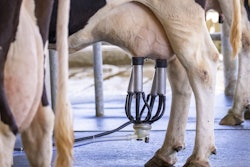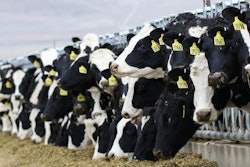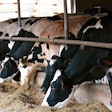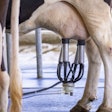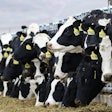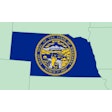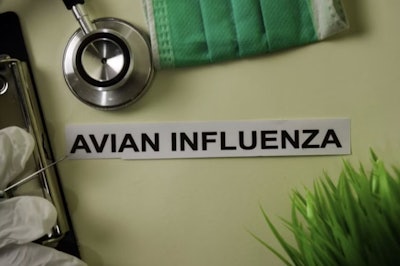
The Washington State Department of Health (WSDH) reported a human case of H5N5 variant of highly pathogenic avian influenza (HPAI) has been detected in a human.
The state agency stated that this is the first time the H5N5 variant has appeared in a human.
According to a press release from WSDH, the patient was admitted to a hospital with influenza symptoms in early November, and remains hospitalized. Testing showed the virus to be H5N5. The agency further stated that the patient is an older adult with underlying health conditions. The affected person has a mixed backyard poultry flock and the backyard flock had exposure to wild birds.
While the WSDH said the backyard poultry or wild birds are the most likely source of the person’s infection, the state agency is working with the local health department and the Washington State Department of Agriculture to complete exposure and animal health investigations.
Prior to now, all human HPAI infections in the United States have involved the H5N1 serotype. According to information from the U.S. Centers for Disease Control and Prevention (CDC) this is the first human case of HPAI since February. Globally, between January 1 and August 4, 26 human H5N1 avian influenza infections have been reported, CDC added.
Nearly all HPAI cases reported in U.S. poultry since the current outbreak began in 2022 have involved the H5N1 serotype. No cases of H5N5 have been reported in the U.S. during that time. However, the World Organisation for Animal Health (WOAH) has reported numerous cases of mammals and wild birds in Canada being affected by that variant of the virus. Affected species include domestic cat, ringed seal, raccoon, striped skunk, red fox, American crow, great black-backed gull, herring gull, northern fulmar, bald eagle, Iceland gull, turkey vulture, northern harrier and black-legged kittiwakes. One backyard poultry flock in Newfoundland and Labrador was also reported as affected by H5N5 in January.
While Washington borders the Canadian province of British Columbia, all of the H5N5 instances reported have been reported in the eastern provinces of Nova Scotia, Quebec, Prince Edward Island, Newfoundland and Labrador, New Brunswick and Ontario, as well as the country’s easternmost territory, Nunavut.
View our continuing coverage of the global avian influenza situation.




